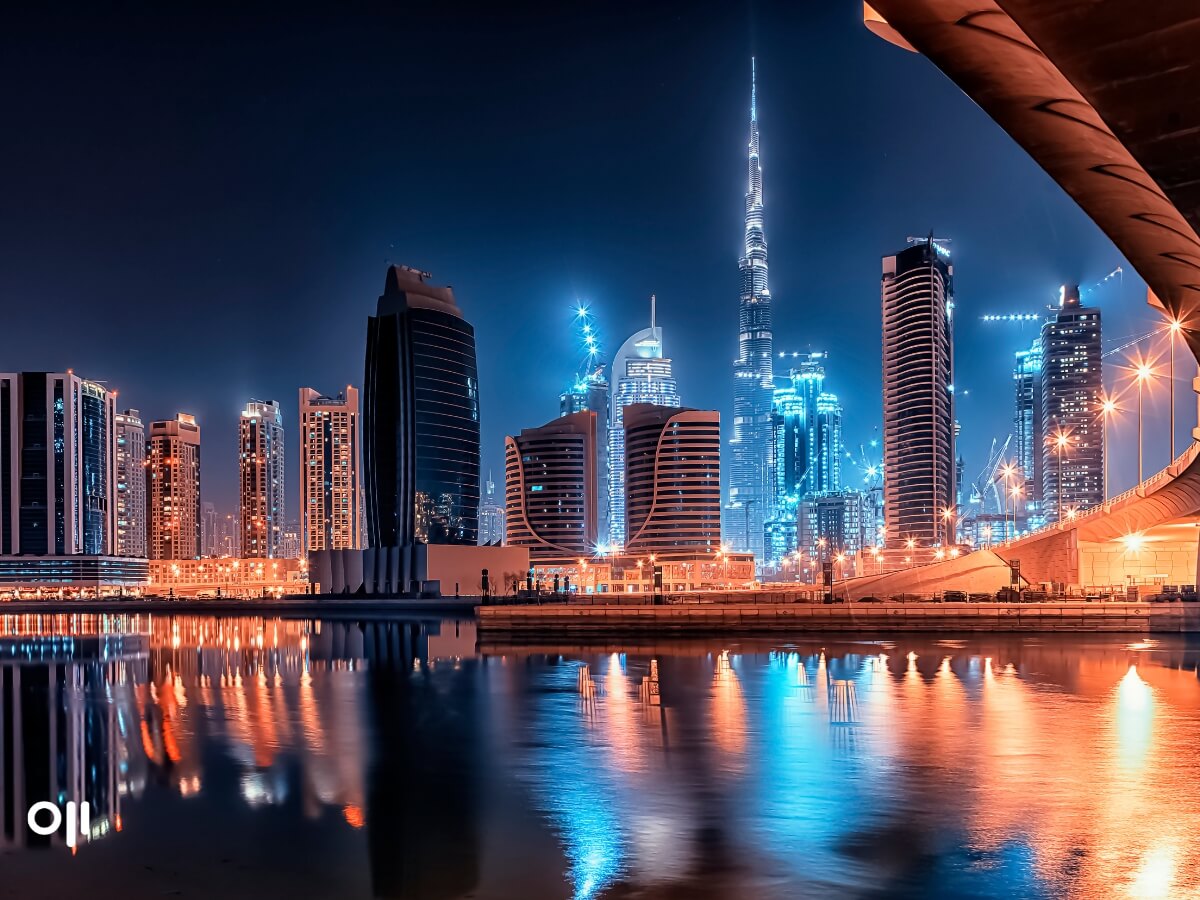Unlocking Luxury – How Smart Locks are Enhancing Security in Dubai’s High-end Properties
In Dubai, a city globally renowned for its glamour, wealth, and awe-inspiring architecture, home security has rapidly evolved to mirror the city’s futuristic spirit. With breathtaking landscapes marked by exclusive residences, luxury apartments, and high-end commercial properties, the traditional lock and key are being replaced by their smarter, tech-enabled counterparts: smart locks.
The global smart lock market has seen significant growth over the years, reaching a value of USD 1.2 billion in 2020, according to a report by Global Market Insights. Furthermore, it’s projected to grow at a Compound Annual Growth Rate (CAGR) of over 13% from 2021 to 2027. Dubai, a city well-acquainted with embracing modern technology, is at the forefront of this revolution.
Redefining Convenience and Security
Smart locks, in essence, offer keyless and digital access to homes, doing away with physical keys and replacing them with digital keys on smartphones or unique biometric information. From the grand villas on Palm Jumeirah and the luxury residences in Dubai Marina to the penthouses gracing the Burj Khalifa’s skyline, smart locks are redefining both convenience and security.
Unprecedented Security Standards
While the convenience factor of smart locks is undeniable, their main allure lies in the significantly elevated security they offer. These intelligent devices use advanced security protocols that guard against sophisticated hacking attempts. For example, most smart locks now use AES-128 bit encryption, which is comparable to the security standards used by the U.S. Government for protecting classified information.
Customizable Access Control
The flexibility of smart locks is a major draw for Dubai’s wealthy residents and property owners. With many high-end homes employing domestic staff, welcoming guests, or functioning as luxury rental properties, the ability to remotely grant and revoke access is invaluable. Homeowners can generate time-limited virtual keys, allowing specific access at set times. This ability to micromanage access is a significant advancement over traditional key-based access systems.
Real-time Alerts and Intrusion Detection
However, smart locks are not just limited to locking and unlocking doors. Paired with specialized mobile apps, they provide real-time notifications regarding property access. In the event of unauthorized access or attempted breach, the system sends instant alerts, enabling quick reactions and countermeasures. Such active monitoring adds an extra layer of protection, particularly critical for luxury properties.
Biometrics for Personalized Security
The integration of biometric technology with smart locks is another groundbreaking advancement in home security. High-end properties in Dubai are increasingly using smart locks equipped with fingerprint, facial recognition, and retina scan capabilities. This technology ensures access to a property is as unique as the people living in it, enhancing both privacy and security in one fell swoop.
A Harmonious Part of Home Automation
Further enhancing their appeal, smart locks have become a key component of the burgeoning home automation ecosystem in many luxury residences. Integrated with smart home devices, smart locks can trigger actions such as turning on lights, adjusting air conditioning, or playing a pre-set music playlist when the door is unlocked. This sophisticated integration goes beyond security to create a truly personalized and luxurious living experience.
A Glimpse into Future
As technology evolves, smart locks will continue to incorporate new features, boosting both convenience and security. The future promises even more advanced facial recognition, deeper Artificial Intelligence integration, and more robust encryption technologies. In Dubai’s luxury property market, the adoption of smart lock technology signals a move towards this secure, intelligent future.
As smart locks gain popularity in Dubai’s high-end properties, their rise symbolizes more than a fleeting trend—it represents a sea change in the very concept of home security. As we continue to unlock this promising future, it’s evident that luxury living in Dubai is set to become even more secure, convenient, and undeniably smarter.
Frequently Asked Questions:
Why are smart locks becoming popular in Dubai’s high-end properties?
Smart locks offer both convenience and increased security, which are highly desirable features in luxury properties. They allow homeowners to control access remotely, provide real-time alerts, and integrate with other home automation systems for a personalized experience.
What kind of security does a smart lock offer?
Smart locks typically use advanced security protocols to guard against hacking attempts. For example, many use AES-128 bit encryption, the same standard used by the U.S. Government for protecting classified information. They also offer real-time alerts in the event of unauthorized access or breach.
How do biometrics fit into smart lock technology?
Biometrics offers a unique layer of security to smart locks. High-end smart locks can use fingerprint, facial recognition, or retina scan technology to control access. This ensures that access is highly personalized and can’t be gained through stolen or lost keys.
Can smart locks integrate with other smart home devices?
Yes, smart locks can be a part of the home automation ecosystem. They can connect to other smart devices in the home and trigger actions such as turning on lights or adjusting the air conditioning when the door is unlocked.
What is the future of smart lock technology?
The future of smart locks promises more advanced technologies including improved facial recognition, deeper AI integration, and stronger encryption protocols. As technology evolves, we can expect smart locks to continue incorporating these features, providing even higher levels of convenience and security.
What is a temporary virtual key?
A temporary virtual key is a digital key that can be generated and sent to someone’s smartphone, allowing them temporary access to your property. These keys can be restricted to work only at certain times, offering a great deal of flexibility and control.
Are smart locks resistant to traditional forms of lock picking or forced entry?
Smart locks don’t have a traditional keyhole, so methods like lock picking are not applicable. They’re also designed to resist forced entry attempts and typically have built-in alarms to alert homeowners of such attempts.
Are smart locks powered by the home’s electricity, or do they have their own power source?
Smart locks typically have their own power source, such as batteries. This means they’ll continue to function even in the event of a power outage in the home. Some models are also solar-powered, aligning with sustainable energy trends.




Leave a Reply
Want to join the discussion?Feel free to contribute!